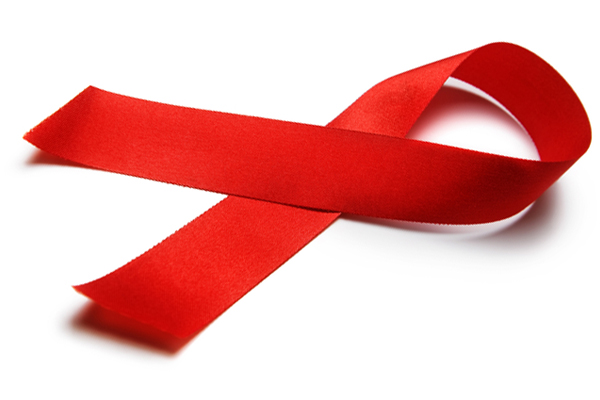Recently, an elderly woman in Mississippi was left alone on the curb outside a hospital emergency room. The woman didn’t have a medical emergency. She’d been dumped by the nursing room employees who had learned that she had HIV, according to a lawyer at the Mississippi Center for Justice to whom she was eventually referred.
Mississippi’s neighbors have been known to thank God for Mississippi — when your state ranks 48th or 49th in just about every sad statistic about health or poverty in America, it’s nice to know you’ll always look better than someone. The state’s indicators for HIV and AIDS are about as horrific, although the 9,546 people in the state reported to have the virus probably aren’t particularly grateful about it.
The state has the highest new infection rate and greatest percentage of people living with HIV in the country, and by many measures, the least interest in helping them. Elsewhere, HIV/AIDS has become manageable with anti-retroviral therapy, but a Mississippian with HIV/AIDS is almost twice as likely to die than the average American with the virus; HIV-positive African-Americans in Mississippi are ten times as likely to die from it than their white neighbors. African-Americans are only 37.5 percent of the population, but represent 78 percent of new HIV infections. Meanwhile, an abstinence-education statute forbids even programs offering information about condoms to demonstrate how to use them, but does include a requirement to mention the anti-sodomy laws still on the books.
Combine racism and political indifference to poverty with homophobia — there’s been a rapid rise in infections among young men having sex with men in the state — and you’ve got a public health disaster that state politicians mostly ignore, or worse. “I’ve been called a nigger and a faggot by state legislators right in the Capitol,” Alonzo Dukes, executive director of the Southern AIDS Commission in Greenville, Miss., told Human Rights Watch for a recent report. One of the few advocates for people living with HIV, state Rep. John Hines, says in the same report, “Legislators in Mississippi don’t see it as a public health crisis; they see it as a punishment for an unhealthy lifestyle.” The state contributes only $750,000 towards HIV/AIDS programs, out of a budget of $4.9 billion.
In other words, there’s very little to prevent employers and housing providers from discriminating against people with HIV, especially because the state doesn’t have any anti-discrimination laws and Mississippi also ranks 49th in funding civil legal services for the poor, according to the state’s Access to Justice Commission.
Even those who can afford a lawyer might have trouble. “I’ve heard stories of even lawyers turning clients away when they have AIDS,” says Marni von Wilpert, a fellow with the Mississippi Center for Justice. “People think they can get it from handshakes or hugs.”
Human Rights Watch also indicted the state for “punitive, stigmatizing, and discriminatory policies that undermine efforts to reach the population’s most vulnerable to HIV … leav[ing] people with HIV/AIDS without treatment at rates comparable to those in Botswana, Ethiopia, and Rwanda.” Advocates report hearing stories of public health officials showing up at workplaces and homes without any regard for confidentiality — terrifying in small rural communities where the stigma of HIV is brutalizing.
Robin Webb, executive director of A Brave New Day, which provides support services to people with HIV/AIDS, says this fans long-standing mistrust of government medical services in the African-American community going back to the Tuskegee syphilis studies. “The government actually plays out that whole Tuskegee scenario when it becomes a punitive force. The way they handle public health is all about authoritative punishment.” They are also terrified of what will happen to their lives if their infection is discovered. “The No. 1 punishment is to kick people out of the church,” says Webb. “These are the people who talk about Jesus and the lepers.”
One MCJ client, admitted to the hospital for seizures, woke up to discover the doctor had informed a relative, in violation of medical privacy laws, that the patient had AIDS. “People are not going to seek care if they think everyone in their family is going to find out,” says Von Wilpert. Meanwhile, Von Wilpert says, the state has chosen only to distribute free AIDS drugs at limited Department of Health locations. “People are traveling two or three counties over to even get the drugs,” she says — or not traveling at all.
The good news is that advocates believe they have an ally in the state’s new STD/HIV director, Nicholas Mosca. Von Wilpert and her colleagues are launching a new medical-legal partnership program, as well as an office in the hard-hit Delta region. Webb, who grew up in the Delta but lived in New York during the AIDS crisis and subsequent activism, says he’s trying to import that language of empowerment and self-management to his home state, and try to undo the shame and stigmatization. “I think most of us realize that diseases, especially lethal diseases, love secrets,” he said.

